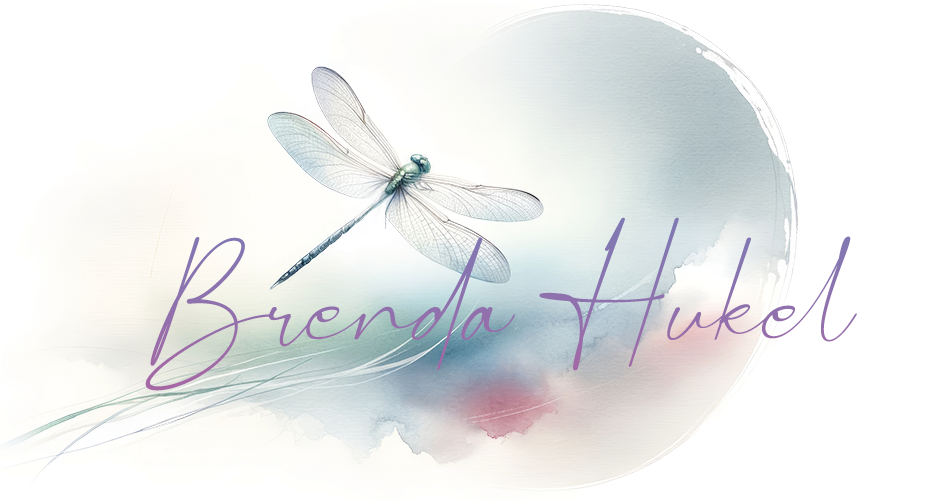
Embracing the Journey of Transformation:
Understanding the Victim Mindset
As you embark on this journey of self-discovery, I want to acknowledge the courage it took to take the Victim Mindset Assessment. The results may have revealed something within you that you perhaps felt but couldn’t quite name—a sense that life’s challenges have weighed heavily on your heart and that, at times, you’ve felt powerless in the face of them.
You are not alone. Many people carry the burden of a victim mindset without even realizing it. It’s a way of being that can quietly shape our lives, influencing our thoughts, emotions, and decisions. This mindset is not something to be ashamed of but rather an opportunity for profound transformation.
What is an Unconscious Victim?
An unconscious victim is someone who unknowingly adopts a mindset of powerlessness and self-victimization, often blaming external circumstances or others for their struggles and challenges. This mindset operates beneath the surface of awareness, influencing thoughts, emotions, and behaviors in ways that keep the individual stuck in a cycle of negativity and self- limitation.
Where Does It Come From?
The unconscious victim mentality often stems from deeply ingrained beliefs and experiences formed during childhood or through generational conditioning. I explore this topic extensively in my book Courageously Authentic, particularly in the chapter titled “Who Owns Your Belief System.” Included in the chapter is an exercise designed to help you uncover the origins of your beliefs and guide you through the process of transforming them.
To give you a glimpse of what you’ll discover in my book, here are some of the key influences that mold and reinforce these beliefs:
- Childhood Experiences: Traumatic events, neglect, or overprotection can instill feelings of helplessness and reinforce a dependency on external validation or rescue.
- Generational Patterns: Family dynamics and cultural norms can pass down limiting beliefs about self-worth, capability, and the role of fate in one’s life.
- Societal Influences: Media, societal expectations, and cultural narratives can perpetuate the idea that life happens to us rather than for us, reinforcing a passive approach to challenges.
Signs of an Unconscious Victim Mentality
Recognizing the signs of an unconscious victim mentality is one of the first steps toward change. Some common indicators include:
- Blaming Others: Consistently attributing problems, failures, or setbacks to others or external circumstances rather than taking personal responsibility.
- Feeling Powerless: A pervasive belief that you lack control over your life or circumstances, leading to a sense of helplessness and inaction.
- Chronic Complaining: Frequently focusing on what’s wrong or unfair in your life without seeking solutions, often accompanied by a negative outlook.
- Resentment and Anger: Holding onto grudges or feeling anger towards others for perceived wrongs, often fueling a cycle of negativity and isolation.
- Self-Pity: Engaging in thoughts or behaviors that reinforce feelings of being unlucky or singled out for suffering, often seeking sympathy from others.
- Avoiding Responsibility: Shying away from accountability or decision-making, preferring to let others take the lead, while feeling resentful or misunderstood when outcomes are unfavorable.
Breaking Free from the Victim Mindset
Understanding the victim mindset is essential to reclaiming your power and embracing the life you were always meant to live. In my book, Courageously Authentic, I delve into this topic in a chapter titled “Staying Asleep: The Hidden Cost of Victimhood.”
Here, I explore the profound impact of living with a victim mentality and the shadow side of this mindset, which often manifests as self-sabotage, deep-seated resentment, and a tendency to unconsciously attract negative circumstances and people into your life. These hidden aspects can erode your sense of self-worth and prevent you from fully embracing the life you desire.
I also provide clear steps to help you break free. This journey is about awakening to the truth that within you lies an incredible strength—a strength with the power to heal, overcome, and rise above any circumstance.
Closing Thoughts
Let this be a moment of compassion for yourself. The journey ahead is not about blame or judgment but love, healing, and growth. As we explore the nature of the victim mindset together, know that this is a sacred path that leads you back to your true self, where your spirit can soar free from the limitations of the past.
By becoming aware of the patterns that hold you back and taking conscious steps to change them, you can reclaim your power, transform your life, and live authentically. Remember, you are not alone on this journey. Support is available, and with commitment and compassion for yourself, you can overcome the limitations of the past and step into a future filled with possibilities.
Welcome to the beginning of your transformation!
